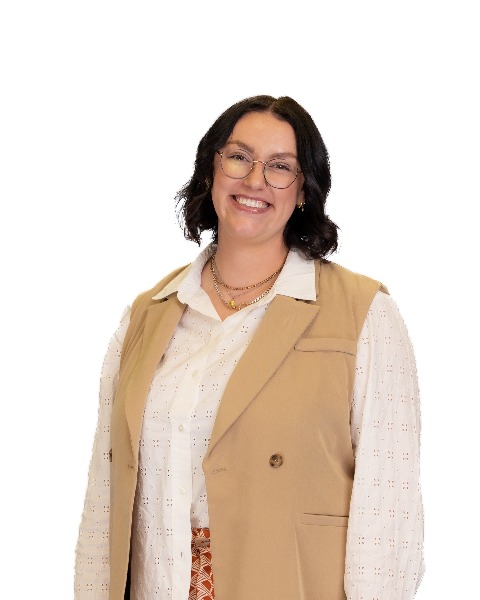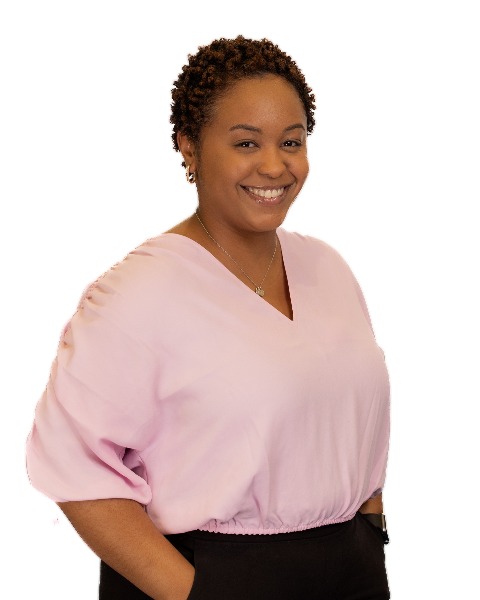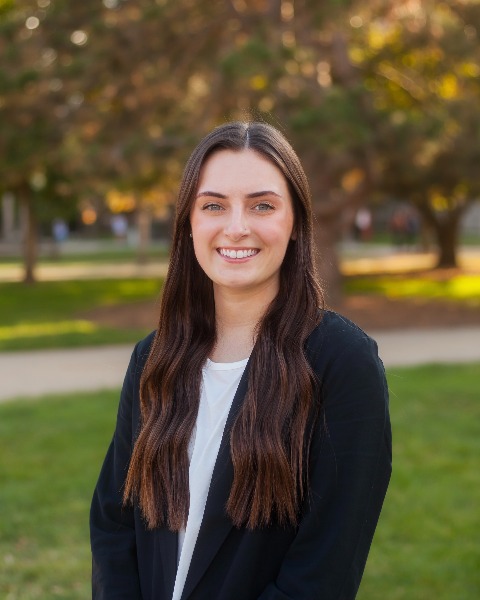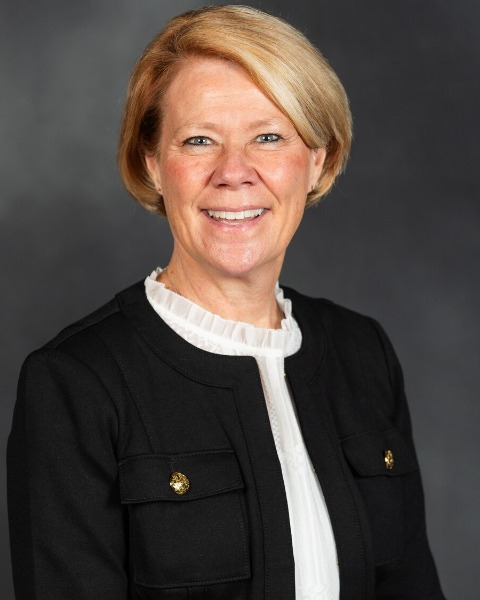(Re)habilitation and Counseling (C)
PP104 - Cultural and Informational Center for Hearing
- MB
Molly Bastida
AuD Student
Illinois State University
Bloomington, IllinoisDisclosure(s): No financial or nonfinancial relationships to disclose.

Kaylee Birlingmair
Illinois State University
Illinois State UniversityDisclosure(s): No financial or nonfinancial relationships to disclose.

Morgan Lynch
Illinois State University
Disclosure(s): No financial or nonfinancial relationships to disclose.
- CW
Caitlyn Welsh
Illinois State University
Disclosure(s): No financial or nonfinancial relationships to disclose.

Molly C. Whitcomb
Illinois State University, Illinois
Disclosure(s): No financial or nonfinancial relationships to disclose.

Tena L. McNamara, AuD
Pediatric Audiologist
Midwest Children's Therapy
Peoria, IllinoisDisclosure(s): No financial or nonfinancial relationships to disclose.
Presenter(s)
Lead Presenter(s)
It is understood that better outcomes for management and treatment of behavioral and health related conditions can be linked to greater knowledge and acceptance of that condition by the patient/client/student and their families. Knowledge is power. However, much of what a person understands about their hearing comes from a single health care provider or institution. Typically, individuals do not have access to an impartial site hosting a variety of resources. This presentation will discuss the steps and development of an accessible and neutral cultural/informational site where individuals and their families can access diverse literature and resources related to hearing loss.
Summary:
Over 5% of the world’s population – or 430 million people – require rehabilitation to address their hearing loss. In addition, one in four individuals are projected to have some type of difficulty with hearing by 2050 (WHO, 2022). Research has shown that quality education improves outcomes, advocacy, and social/emotional well-being of individuals with a wide variety of health issues (Trotter, Matt, & Wojnar, 2014; Sorkin, Gates-Ulanet & Mellon, 2015). Due to the rising concern of the societal and personal effects of hearing loss, it is more important than ever to ensure that patients/clients/students and their families have access to reliable, non-bias and valid resources concerning hearing loss and related disorders.
This presentation will address the importance of providing an accessible and neutral site where individuals and their families can access a wide range of sources around topics related to hearing. Information will be presented outlining the development and maintenance of a cultural and informational resource center in conjunction with a public library system. Types of references that can be loaned to individuals and their families will be listed, along with free materials that are available for access. The advantages of a local hands-on site versus web-based resources will also be addressed, along with management protocols and funding sources for the site.
Learning Objectives:
- Upon completion, participant will be able to list the importance of providing a variety for resources on hearing loss to clients/patients/students and their families.
- Upon completion, participant will be able to list the importance of educating clients/patients/students and their families on hearing loss.
- Upon completion, participant will be able to describe the step-by-step process of developing a cultural and informational center.
